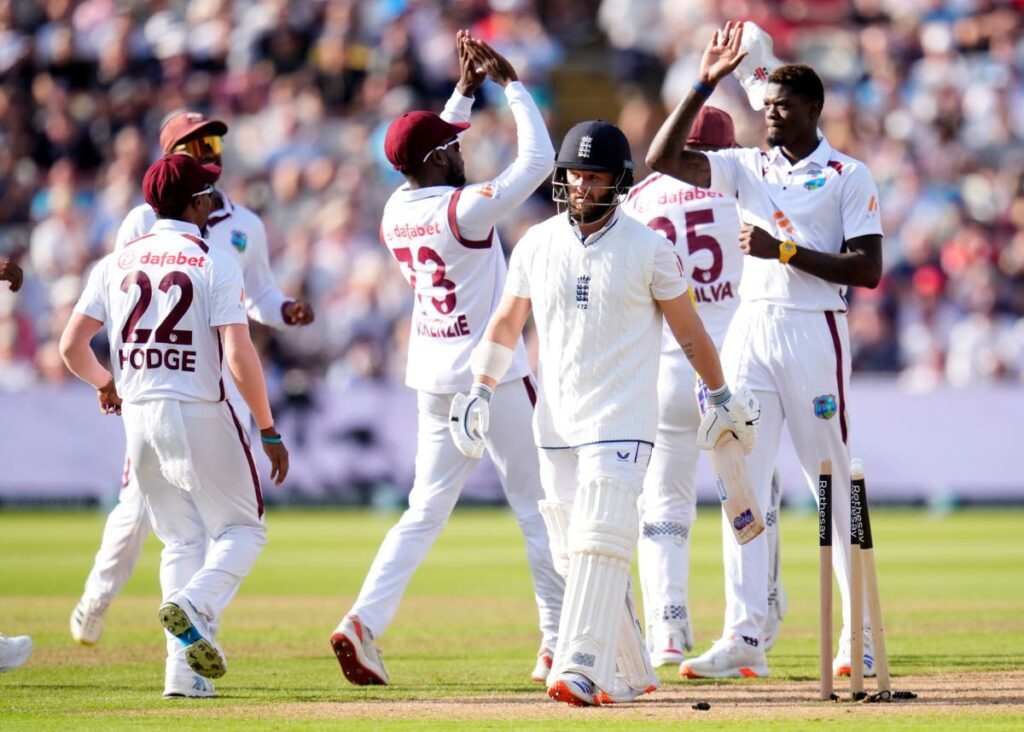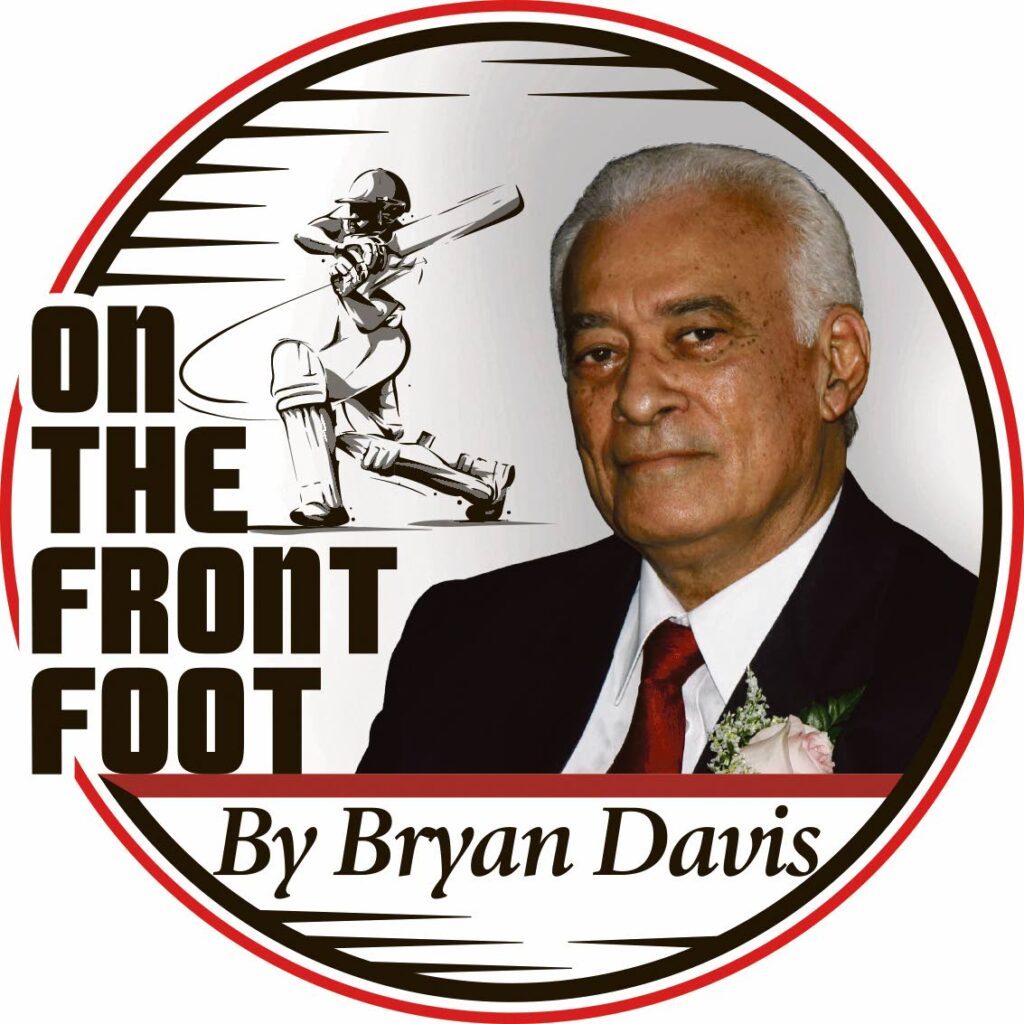Wrong choice on selection policy

The new policy for selecting cricket teams to represent the West Indies is fraught with danger from the outset.
It is totally impractical and unnecessary
The selection committee will no longer consist of the lead selector, his assistant, the coach of the team, nor the captain in an advisory capacity without an actual vote on the selection. Miles Bascombe, director of cricket on the present board of Cricket West Indies, has changed all that.
It didn’t seem to be working well anyway, and one never knew where the selectors were at any given time. While the public was aware, of course, that the coach was with the team, knowing, or being informed of, the location of the lead selector and his assistant, was a guessing game.
However, Bascombe and his fellow administrative colleagues have come up with a thoughtless new plan to choose teams.
A cricket selector is one of the toughest jobs in all sports. This is because so many elements come into play.
For instance, how does one balance the bowling team to dismiss the opposing batsmen twice in a two-innings game? Fast bowlers or spinners? How many of each? On what type of pitch will they be playing: fast plus seam or a slow turner?
Who are the best bowlers to restrict batsmen in a limited-overs game, whether 50-overs or 20? Some are slow, others fast, yet there are those who bowl back-of-the-hand, both left and right-hand.
Leg-spinners and off- spinners – many choices indeed!
Weak wicket-keepers who are powerful stroke-makers or the reverse? Which benefits the team more?

Nevertheless, Bascombe believes the more people involved in selecting, the merrier.
His idea: “So even in the system before, the real engine room of our selection was the territories, because the (West Indies) selectors would only see the players that the territorial selection panel (regional teams) put on display for them at regional tournaments.”
So Bascombe is saying that the selectors representing the territories are selecting teams just to put players on display for WI selection? Nonsense!
I was chairman of the TT selection panel for a number of years, and it never entered the mind of selectors to choose players with a view of their being chosen to play for the WI. If they played well and merited a place, they’d be chosen. However, the objective was always to win the regional championship.
If what Bascombe is saying is to come to fruition, then the purpose of the regional series will not be to recognise the best team in the WI that year, but as a trial for WI selection.
Thus the competition would be diluted and lose its flavour. If that happens, then cricketers would not be fighting for their territory to win matches – the essence of the tournament – but simply to make the WI team. A cricketer then, would not be able to be judged properly in a game situation, as playing for one’s team proves the worth of the cricketer, who has to continually adjust his dynamic to suit the swing of the game.
More from Bascombe: “We will work with them to create player profiles and depth charts and develop player assessment tools, so that we can compare players across the region, with pretty much a standard instrument.”
Exactly what data are all these people going to produce to ensure the best team is chosen? Where does the temperament of the individual come into play? There are the big-occasion players who perform better the bigger the match; and those who play beautifully when there’s hardly anyone watching.

One cannot judge a good cricketer from data, but from how he performs in challenging situations, and/or in predictable circumstances. Cricket is an art, not a science.
That is only noticeable from a selector’s actually observing closely the player at his game and his attitude to circumstances that may develop.
The wise selectors look for and notice these things so as to build on them and ensure his team is the strongest one for the task at hand.
It is too much of a daunting task for the coach of an international team to ensure his players’ comfort, motivate and encourage them as a team, plus determining the appropriate selections.
All that is needed are three individuals with cricket intelligence, one being the chairman, to obtain the best results. The chairman then delegates his men to the matches they view.

Comments
"Wrong choice on selection policy"